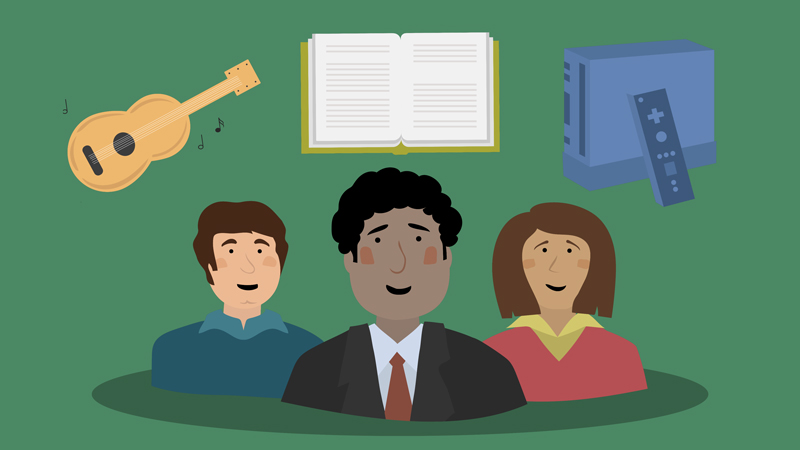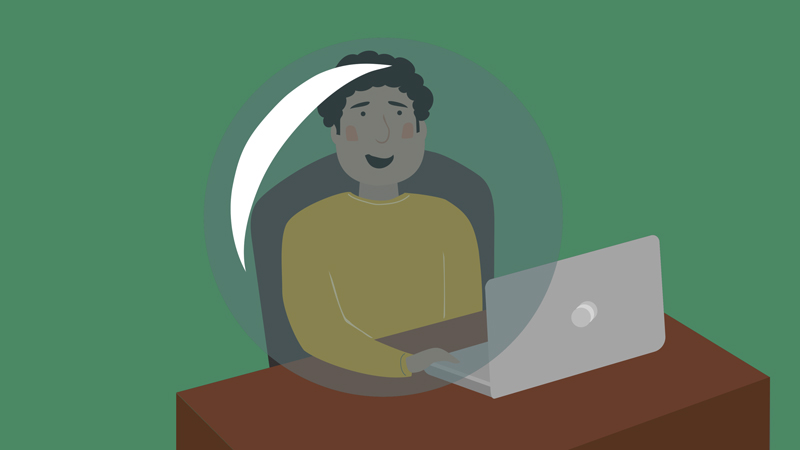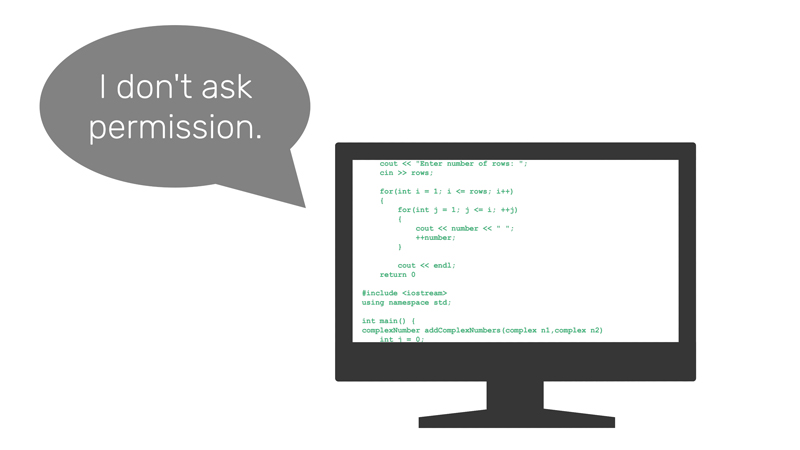Digital Media Literacy -
How Filter Bubbles Isolate You

Digital Media Literacy
How Filter Bubbles Isolate You


/en/digital-media-literacy/what-is-an-echo-chamber/content/
When you visit a website, you may think you’re getting the same content as everyone else. But almost anywhere you go online, algorithms keep track of what you like to click on. These algorithms give you content based on what they think you like, and they will continue to do so until they’re mainly showing you content you’ll likely consume. This process can lead to the creation of a filter bubble.
Watch the video below to learn more about how filter bubbles and algorithms isolate your online experience.
When you first think about algorithms personalizing and curating your online experience, it can sound like a good thing. With so much information online, you couldn’t consume it all, even if you had all the time in the world. Besides, each of us has specific interests, so why not focus on content we’ll probably like?

The problem is that these algorithms can put you in a filter bubble, a term coined by Internet activist Eli Pariser. Being in a filter bubble means these algorithms have isolated you from information and perspectives you haven’t already expressed an interest in, meaning you may miss out on important information.

For instance, a social media site may hide posts from friends with different viewpoints, or a news site may display articles it thinks you’ll agree with. You may not even realize you’re in a filter bubble because these algorithms don’t ask for your permission, tell you when they’re active, or say what they’re keeping from you. In fact, they’ve become a part of the Internet as a whole, and if you want to go online, avoiding them is almost impossible.

Once everyone gets stuck in their own bubble, the problem only gets worse. For example, if everyone is confident they’re getting the full story on a current event when they’re really only getting part of it, no one can make an educated judgement, and it becomes difficult to have a meaningful discussion about the facts. This is how filter bubbles contribute to a lack of understanding and an unwillingness to consider opposing viewpoints and unfavorable information.

So how do we deal with filter bubbles and algorithms, especially when they’re so common? And how do we make sure we’re learning other viewpoints when we don’t even know what we’re missing? Companies like Google and Facebook are working on the problem, but for now there is no definitive solution.
Until then, keep filter bubbles in mind as you browse the Internet, and continually seek out new sources and perspectives. Hopefully by doing this, you’ll be able to take back some control of your online experience.
/en/digital-media-literacy/what-is-fake-news/content/